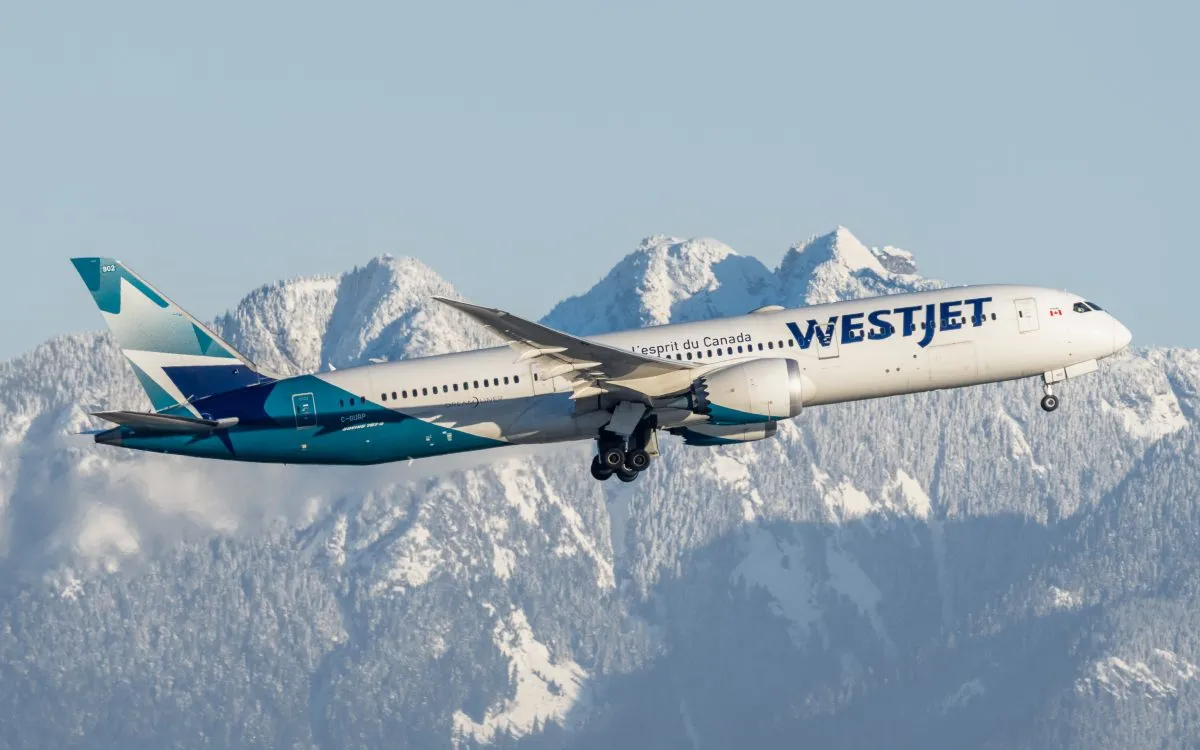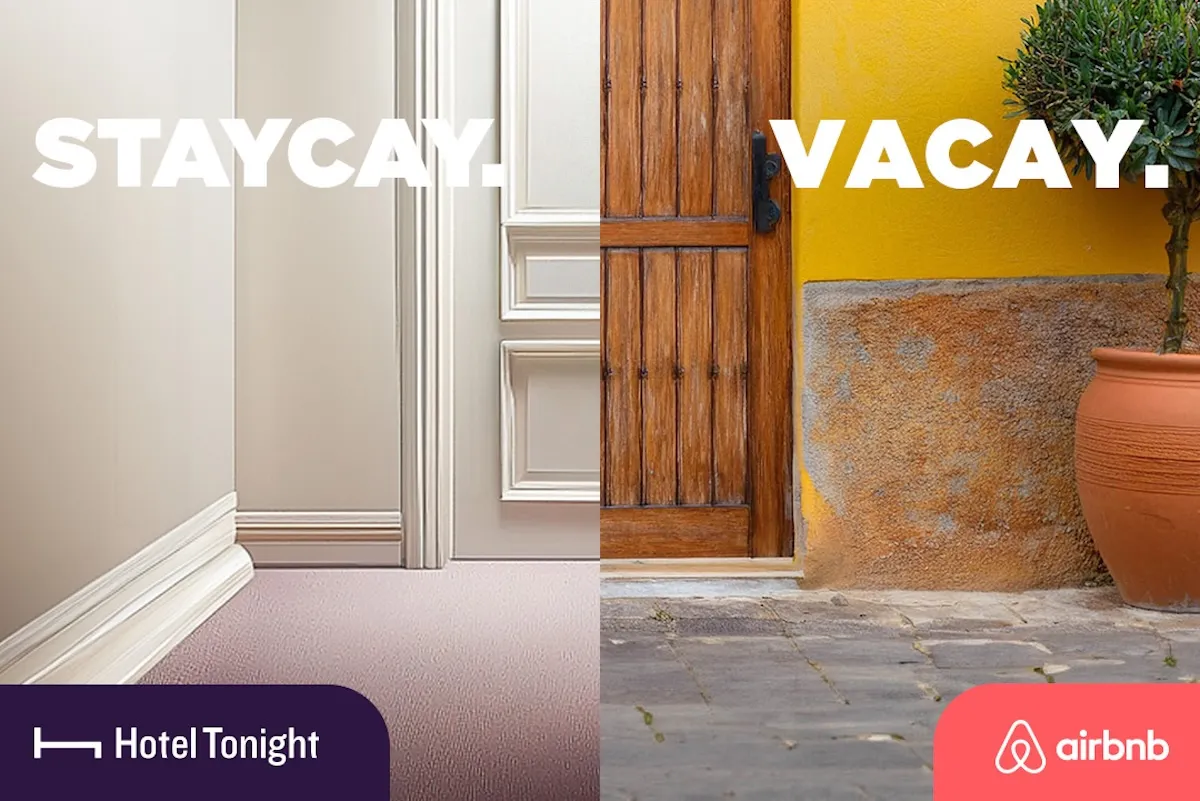Spending Platform Coupa's Steady Ramp-Up to Compete With Concur

Skift Take
Business spending management platform Coupa has launched a dedicated travel and expense platform, following years of buying up niche startups.
Booking platform Pana was the most recent, as Skift revealed a year ago, and before that it bought flight reshopping tool Yapta in January 2020 — just as the pandemic hit. Coupa CEO Rob Bernshteyn said he “maybe” regretted the timing and price tag of that latter deal.
Coupa and other expense software forms like Emburse have had rival SAP Concur in their sights for a while, but Coupa appears to have regrouped and this latest rollout packs a punch: some features are well-adapted to post-pandemic travel, but some may grate with company travel managers, if not chief financial officers. At the end of the day, Coupa is designed to help companies manage their spending through procurement tools, not manage business trips.
Rolling Up the Features
Coupa’s new travel and expense platform, launched Tuesday, wraps up several features from its acquisitions.
First, Yapta automatically rebooks flights if the price drops, and this tactic is about to become very relevant with air fares volatile as countries open and close their borders. It’s one reason why hotel re-shopping tool Tripbam ventured into aviation to develop a platform for travel buyers to track and re-shop these fluctuating tickets. “As we get into air, as we start digging into the data, as we start seeing the issues around contract availability, and market share measurement, and some of the other craziness in the air space, continuous sourcing is something else we’ll be looking at as well,” said CEO Steve Reynolds in June last year. Flight re-shopping tool FairFly has also been growing during the pandemic.
Yapta is now embedded into Coupa Travel and Expense as "Coupa Travel Saver", according to the company. “Given the rapidly changing conditions brought on by the pandemic, we see Travel Saver’s price assurance technology to be more important than ever,” Valerie Layman, Coupa's vice president product management for travel, told Skift. “By unifying it with our travel and expense solution, we’re providing customers with a safety net that helps them drive travel booking savings without any effort.”
Pana, meanwhile, offers an artificial intelligence-style concierge service for booking flights, hotels, cars and dining. But like Yapta, is the brand being phased out following this launch? “Bringing Pana to Coupa has been all about deepening customer value while broadening our set of capabilities," Layman said. "We are excited about the visibility and control that an end-to-end travel and expense solution provides to organizations and Pana's technology has been integral to building our new unified solution."
Chasing Concur
When quizzed on whether the platform puts Coupa in a stronger position to better compete with SAP Concur, Layman wouldn't be drawn on the specifics. “We’ve talked to customers and they’ve shared that some of the critical pain points they’re dealing with are poor user experience leading to low adoption, fragmented approaches, and limited ability to benchmark insights all of which are resulting in lost value,” she said. “We understand their concerns and needs and have built our new solution to address them."
Coupa claims it will be the only solution on the market that can handle the end-to-end travel source-to-pay process, a statement several travel management companies that have doubled down on expense and procurement will disagree with.
"Coupa Travel and Expense could certainly be a direct competitor to Concur, and Yapta really an advantage,” said Scott Gillespie, CEO of consultancy tClara. “Concur has long been viewed as resting on its laurels. This points towards the competitive vacuum that Concur has allowed to exist."
An Eye on the Future of Work
More travel booking tools are factoring in new work trends. AmTrav, for example, launched a dedicated solution for non-employee and guest travelers called Gather last week, suited to those people joining employees on their next so-called bleisure trip. It enables travel arrangers to invite guests to book their own travel within the company's tarvel policy, giving arrangers the controls they need and guests the travel choice they want. The tool is also aimed at recruiters and administrative assistants who book travel for interviewees.
“Booking guest travel has always been a pain in the ass,” said AmTrav CEO Jeff Klee. “Companies want to pay for non-employee trips on their corporate card and set reasonable parameters, but otherwise let the traveler pick their own itinerary. Coordinating these trips has historically required tons of calls or emails back and forth and a lot of wasted time for people who have more important jobs to do.”
Pana also specializes in guest travel, but that might have to take a back seat for now. “The first step for us is addressing the challenges that exist for employee travel booking," Layman said. "While we are actively working on integrating Pana’s amazing guest travel capabilities into Coupa Travel and Expense, nailing the employee travel experience first is key to unlocking a seamless solution where both employee and guest travel booking work seamlessly together."
Meanwhile Coupa has included a “spend coach.” It will utilize artificial intelligence-powered insights from a claimed $3 trillion of anonymized global community spend data to provide savings opportunities and benchmarks. “Specifically for travel, the solution shows how much money users would save by booking in channel. For non-travel spend, the Spend Coach shows how much money the employee would save by procuring items rather than expensing," the company said.
It already provides similar guidance on expense reports, she added, through a “Frugal Meter” and expense report scores. Would road warriors be happy to see their hotel bar bill undergo a similar treatment courtesy of a "frugal meter" bot? Possibly not.
Corporate travel is already in the grip of chief financial officers, but that grip is about to get tighter.




